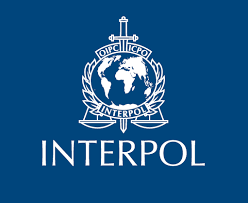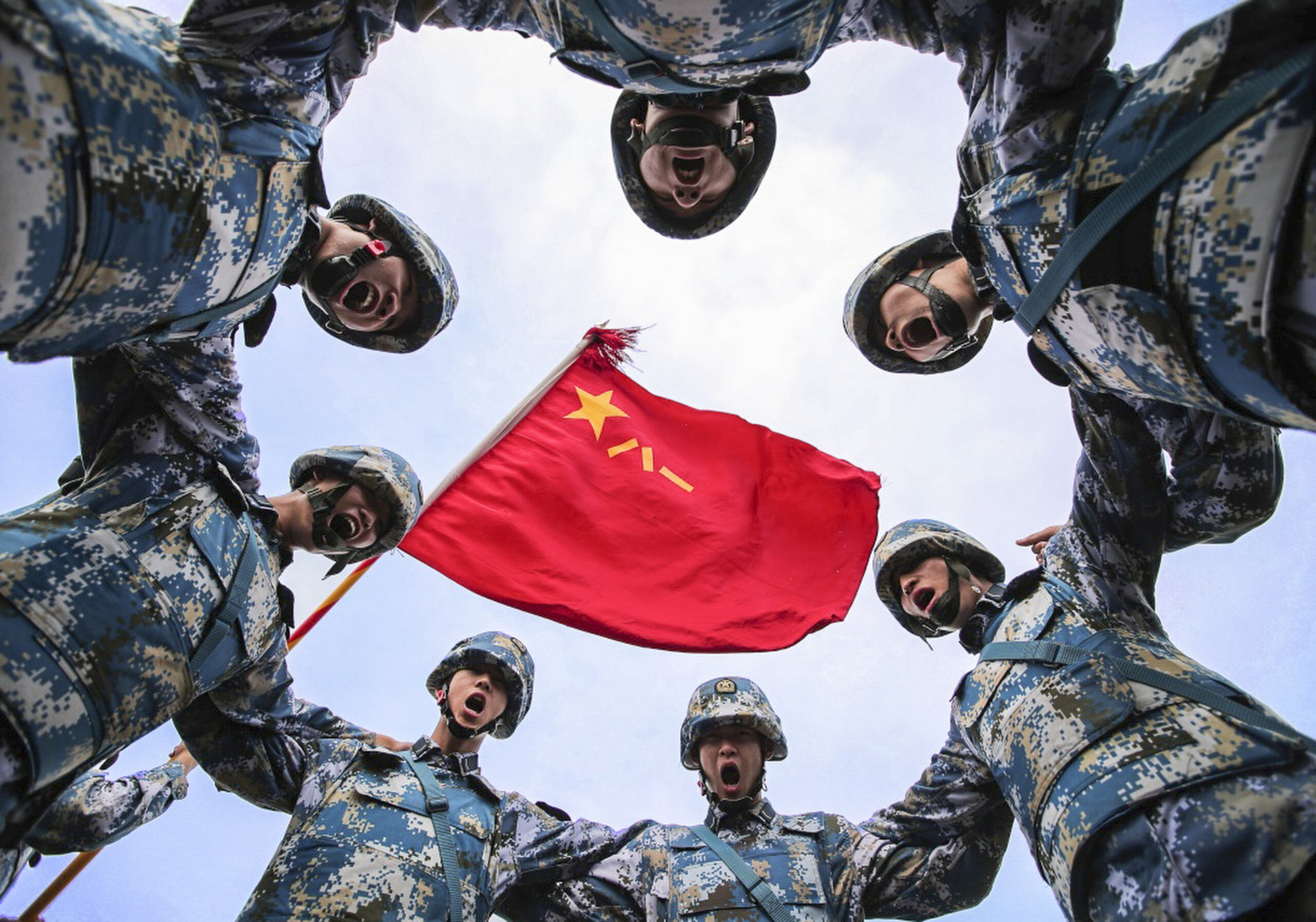by Brian Iselin
Taiwan’s absence from the International Criminal Police Organization (Interpol) poses a significant gap in global security, particularly in combating transnational crime. As criminal networks become increasingly sophisticated, international law enforcement cooperation is critical. Interpol plays a vital role in facilitating this cooperation through the exchange of criminal intelligence and real-time responses to global threats. Despite Taiwan’s strategic location in the Asia-Pacific and its capabilities in addressing issues such as cybercrime and human trafficking, it remains excluded from Interpol’s network, a situation that has serious implications for global security.
Historical Context
Taiwan was an original member of Interpol in 1961, participating actively in international law enforcement until political changes led to its exclusion. The pivotal moment came with UN Resolution 2758 in 1971, which transferred recognition of “China” from the Republic of China (Taiwan) to the People’s Republic of China (PRC). This resolution has often been misinterpreted to justify Taiwan’s exclusion from various international organizations, including Interpol. Taiwan officially lost its Interpol membership in 1984 when Interpol recognized the PRC as the sole representative of China.
Since then, Taiwan has been unable to access critical Interpol systems such as the I-24/7 communications network, which is essential for real-time sharing of criminal intelligence. Consequently, Taiwan is forced to rely on informal agreements with individual countries, hampering its ability to track and combat transnational crime effectively.
The Impact of Exclusion
Taiwan’s exclusion from Interpol has tangible consequences for global security. Its geographic location makes it a focal point for numerous illicit activities, including human trafficking and drug smuggling. The lack of access to Interpol’s criminal databases hinders Taiwan’s ability to share and receive vital intelligence, which is crucial for addressing these threats. As criminal networks exploit the information gaps created by Taiwan’s absence, regional security—especially in the Asia-Pacific—becomes increasingly compromised.
The upcoming 2024 Interpol General Assembly presents an opportunity for the international community to reconsider Taiwan’s status. Advocates argue that Taiwan should at least be granted observer status, allowing it to contribute its expertise while benefiting from Interpol’s collaborative frameworks.
Growing International Support
In recent years, there has been a noticeable uptick in international support for Taiwan’s inclusion in Interpol. Over 60 countries expressed support for Taiwan’s bid to attend Interpol meetings as an observer in 2021. Political leaders from the U.S., Europe, and Asia are increasingly vocal about the risks posed by Taiwan’s exclusion, recognizing the need for its participation in international crime-fighting efforts.
U.S. congressional action has been particularly significant, with bipartisan support for bills advocating for Taiwan’s inclusion. Recent legislative efforts aim to develop strategies for obtaining observer status for Taiwan within Interpol, reflecting a broader recognition of the need to enhance Taiwan’s role in global security.
Challenges Ahead
Despite the growing international momentum, challenges remain. The PRC continues to block Taiwan’s attempts to regain a foothold in Interpol, citing its “One China” policy, which regards Taiwan as part of its territory. The influence of China-aligned nations within Interpol complicates the situation further. Countries like the United Arab Emirates, which currently holds the presidency of Interpol, and Brazil, set to take on the role of Secretary-General, may prioritize relations with China over Taiwan’s inclusion.
Additionally, while many larger countries support Taiwan, smaller nations may hesitate to confront China directly due to fears of economic or political repercussions, weakening collective efforts to secure Taiwan’s participation in international organizations.
The Case for Inclusion
The case for Taiwan’s inclusion in Interpol is strong, given the potential global security implications. Taiwan has advanced capabilities in digital forensics, cybersecurity, and anti-trafficking efforts, positioning it as a valuable ally in the fight against international crime. Its exclusion not only weakens Taiwan’s law enforcement but also diminishes the overall effectiveness of global responses to transnational threats.
Taiwan’s strategic location in the Asia-Pacific makes it a crucial player in addressing regional crime. Without access to Interpol’s databases, Taiwan faces significant delays in cooperation with other nations, impacting the efficacy of joint efforts against crimes such as human trafficking and drug smuggling.
The call for Taiwan’s inclusion in INTERPOL grows louder. Recognizing Taiwan’s contributions to global security is not merely a regional concern but an essential step towards a more effective international response to transnational crime. It is time for the world to come together to address this critical gap in the global security framework, affirming that Taiwan’s participation is vital for collective safety and cooperation in the fight against crime.
台灣缺席國際刑警組織(Interpol)在全球安全中造成了重大漏洞,特別是在打擊跨國犯罪方面。隨著犯罪網絡日益複雜,國際執法合作變得至關重要。國際刑警在促進這種合作方面發揮著重要作用,透過刑事情報的交流和對全球威脅的即時回應。儘管台灣位於亞太地區的戰略位置,並且在應對網絡犯罪和人口販運等問題上具備能力,但仍然被排除在國際刑警的網絡之外,這一情況對全球安全具有嚴重影響。
歷史背景
台灣於1961年成為國際刑警的原始成員,積極參與國際執法工作,直到政治變遷導致其被排除。關鍵時刻是在1971年聯合國第2758號決議通過時,該決議將對「中國」的承認從中華民國(台灣)轉移到中華人民共和國(PRC)。這一決議常被誤解為合理化台灣被排除在各種國際組織,包括國際刑警之外的理由。台灣在1984年正式失去國際刑警會員資格,當時國際刑警承認中華人民共和國為中國的唯一代表。
從那時起,台灣無法訪問關鍵的國際刑警系統,例如I-24/7通信網絡,這對於即時共享刑事情報至關重要。因此,台灣只能依賴與個別國家的非正式協議,這削弱了其有效追蹤和打擊跨國犯罪的能力。
排除的影響
台灣被排除在國際刑警之外對全球安全造成了實質性後果。其地理位置使其成為眾多非法活動的焦點,包括人口販運和毒品走私。缺乏對國際刑警刑事數據庫的訪問,妨礙了台灣共享和接收關鍵情報的能力,這對於應對這些威脅至關重要。隨著犯罪網絡利用台灣缺席所造成的信息空白,區域安全,特別是在亞太地區,變得愈加脆弱。
即將於2024年召開的國際刑警大會為國際社會重新考慮台灣的地位提供了機會。倡導者認為,台灣至少應獲得觀察員地位,使其能夠貢獻專業知識,同時受益於國際刑警的合作框架。
日益增長的國際支持
近年來,國際社會對台灣加入國際刑警的支持明顯上升。2021年,超過60個國家對台灣以觀察員身份參加國際刑警會議表示支持。來自美國、歐洲和亞洲的政治領袖越來越多地對台灣被排除所帶來的風險發聲,認識到其參與國際打擊犯罪工作的重要性。
美國國會的行動尤為重要,兩黨都支持倡導台灣加入的法案。近期的立法努力旨在制定獲得台灣在國際刑警中觀察員地位的策略,反映了對增強台灣在全球安全中角色的更廣泛認識。
挑戰
儘管國際支持日益增長,挑戰依然存在。中華人民共和國繼續阻止台灣重新進入國際刑警,並以其「一個中國」政策為由,將台灣視為其領土的一部分。與中國保持一致的國家在國際刑警中的影響力進一步使情況複雜化。像阿拉伯聯合大公國這樣目前擔任國際刑警主席的國家,以及即將擔任秘書長的巴西,可能會優先考慮與中國的關係,而非台灣的加入。
此外,儘管許多大國支持台灣,但小國可能因擔心經濟或政治後果而猶豫直接對抗中國,這削弱了確保台灣參與國際組織的集體努力。
對於台灣納入國際刑警組織的呼聲愈來愈高。承認台灣對全球安全的貢獻不僅僅是地區性問題,而是邁向更有效的國際應對跨國犯罪的重要一步。是時候讓世界團結起來,解決這一全球安全框架中的關鍵空白,肯定台灣的參與對於集體安全和打擊犯罪的合作至關重要。



